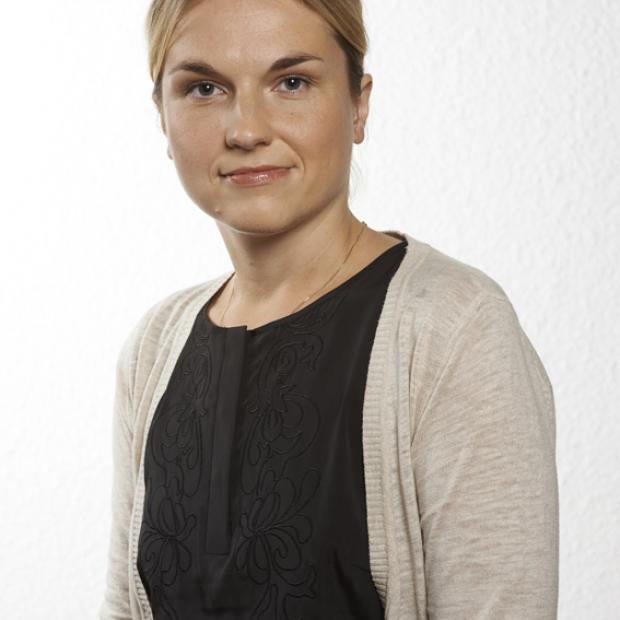Doctoral thesis studied the role of courts in the development of the right to be forgotten
Doctoral student of Tallinn University School of Governance, Law and Society Carsten Martin Wulff defended his doctoral thesis in which he focused on the right to be forgotten listed in Article 17 of the General Data Protection Regulation (GDPR). This right allows for the de-listing of search results if there is no legal reason to retain them.

Article 17 of the GDPR gives a person the right to request the deletion of his or her data in certain cases. This goes beyond the previous right to erasure, granting possibilities to have data de-listed by means of revoking consent for processing. Third parties with access to the data must be notified of a deletion request.
Wulff‘s research addressed this right, often labelled as a new generation right, from four perspectives. Is the development of it in conformity of previous human rights, to what extent are the European Court of Justice (ECJ) and European Court of Human Rights (ECtHR) creating a uniform approach towards data protection in the European sphere, is there a dialogue between domestic courts and the ECJ in developing the right and are ultra vires judgments by domestic courts a possibility in the future, in the field of data protection.
Wulff used an interdisciplinary approach in his research, using methodologies from the political sciences, law and sociology.
Wulff’s doctoral thesis shows that the courts play a larger role in developing European laws in the field of data protection than anticipated by many. The ECJ already has elevated the right to be forgotten from a domestic to a European right in the Google Spain judgment.
“The right to be forgotten confirms that balancing of competing rights is taking place, with the element of time playing a pivotal role in many cases,” says Wulff. He adds that in CNIL, the court set boundaries for the right to be forgotten, with geo-blocking being the only current solution to ensure the right is not circumvented through non-European domains which are not obligated to stick to the principles of the GDPR.
Wulff finds that in order to ensure a common development of the new right, it is of key importance that the EU and CoE cooperate on the matter and that the ECJ and ECtHR take into account judgments from both courts to ensure the principle of legal certainty is upheld.
In the time of rapid technological advances, it is important that the law and awareness of it does not lag behind. Carsten Martin Wulff‘s dissertation provides a detailed, yet at the same time approachable overview of the right to be forgotten – how it emerged, developed, is enforced and the problems it may face in the future.
The title of doctoral student Carsten Martin Wulff’s thesis is "The Influence of the International Courts on New Human Rights Developments – the Example of the Right to be Forgotten". Public defence took place on November 2 at Tallinn University hall M-648.
The Supervisor is Professor Mart Susi from at Tallinn University. Opponents are Professor Vesna Crnić-Grotić from the University of Rijeka and Professor Artūrs Kučs from the University of Latvia.
The doctoral thesis is available in Tallinn University Digital Library ETERA.




